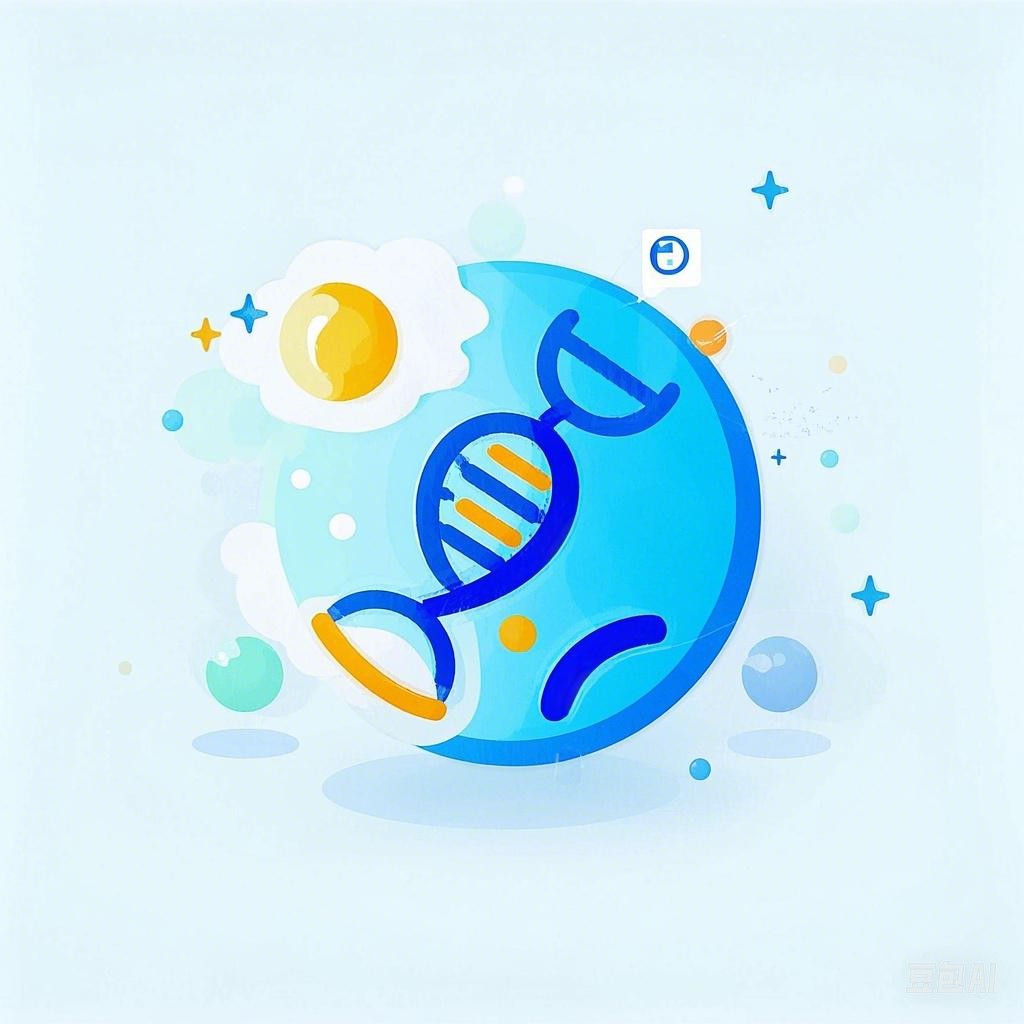In the world of pharmaceuticals, the distinction between generic and innovative drugs is crucial. Both play vital roles in medicine, but they differ significantly in their development, use, and impact on patient care. This article aims to unravel the key differences between these two types of medications, providing a comprehensive understanding of their unique characteristics and contributions to healthcare.
Development Process
Generic Drugs
Generic drugs are replicas of brand-name medications that have gone off-patent. Their development process is relatively straightforward:
- Research and Development (R&D): Although generic drugs do not require extensive R&D for the active ingredient, manufacturers must conduct bioequivalence studies to prove that their drug is as effective and safe as the original.
- Approval by Regulatory Agencies: Once the bioequivalence is established, generic drug manufacturers must obtain approval from regulatory agencies like the U.S. Food and Drug Administration (FDA).
- Market Entry: Generic drugs can be sold once the patent on the original drug expires, allowing for increased competition and lower prices.
Innovative Drugs
Innovative drugs, also known as brand-name drugs, are developed through a complex and lengthy process:
- Research and Development (R&D): Innovative drug development involves extensive R&D, including identifying a target, designing molecules, and conducting preclinical and clinical trials.
- Clinical Trials: These trials are conducted in several phases, involving a growing number of participants, to assess the drug’s safety and efficacy.
- Regulatory Approval: After successful clinical trials, the drug is submitted to regulatory agencies for approval, which includes a thorough review of the data.
- Market Entry: Once approved, innovative drugs are introduced to the market, often with a high price tag due to the significant investment in R&D.
Cost
Generic Drugs
Generic drugs are generally more affordable than innovative drugs due to several factors:
- No R&D Costs: Generic manufacturers do not invest in the initial R&D, as the active ingredient and much of the research have already been conducted.
- Lower Manufacturing Costs: Generic drugs can be produced at a lower cost because they are not subject to the same marketing and advertising expenses as brand-name drugs.
- Increased Competition: The entry of generic drugs into the market often leads to increased competition, which drives down prices.
Innovative Drugs
Innovative drugs are typically more expensive due to the following reasons:
- Extensive R&D Costs: The development of innovative drugs requires significant investment in research, clinical trials, and regulatory approval.
- Marketing and Advertising: Brand-name drugs often undergo extensive marketing and advertising campaigns to promote their use.
- Patent Protection: Innovative drugs are protected by patents, allowing manufacturers to recoup their investment through higher prices.
Efficacy and Safety
Generic Drugs
Generic drugs are required to be bioequivalent to the brand-name drug they replicate. This means they must have the same active ingredient, dosage form, strength, route of administration, and quality. Generic drugs have been proven to be as effective and safe as their brand-name counterparts.
Innovative Drugs
Innovative drugs are developed to address unmet medical needs and often represent significant advancements in treatment. They may have unique mechanisms of action, leading to improved efficacy and safety profiles compared to existing treatments.
Availability
Generic Drugs
Generic drugs are widely available and can be found in most pharmacies. They are often the first line of treatment for many conditions due to their lower cost and proven efficacy.
Innovative Drugs
Innovative drugs may be less accessible due to their higher cost and potential side effects. They are often reserved for more severe or rare conditions where existing treatments are inadequate.
Conclusion
In conclusion, generic and innovative drugs play distinct roles in the pharmaceutical landscape. Generic drugs provide affordable, effective alternatives to brand-name medications, while innovative drugs offer groundbreaking treatments for complex conditions. Understanding the differences between these two types of medications is crucial for healthcare providers and patients alike, as it helps ensure optimal treatment outcomes and cost-effective healthcare.
